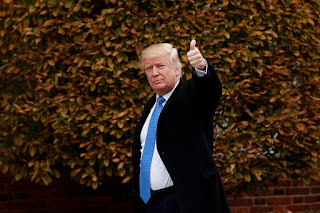Asian developing market stocks lost 5.5 percent in the week after the November 8 election and have been since recovered just 1.6 percent. On the other hand, the United States Dow Jones Industrial average is now 4.7 percent above its pre-election close, that’s because of bets U.S. president-elect Trump will raise fiscal spending.
While Asia’s trade-oriented economies are viewed as susceptible to Trump’s seemingly protectionist propositions, financiers state the principles underpinning the region’s big– and progressively affluent– pool of customers stay undamaged.
“Emerging markets have lower exposure to an export-driven design than is normally presumed,” stated Nannette Hechler-Fayd’ herbe, head of financial investment strategy at Credit Suisse.
“Lots of emerging markets have a customer base that’s growing, they have a demographic benefit of a young population … and a middle class that is emerging.”
Average incomes for the MSCI Asia ex-Japan index are anticipated to grow 12.5 percent in 2017 from 2016.
The continent’s stocks, on the other hand, stay underestimated. The MSCI Asia ex-Japan index is trading at about 1.5 times book worth, against its 10-year average of 1.8 times. The S&P 500. SPX is at 2.8 times book worth, compared to its historic mean of 2.2 times.

Leave a Reply